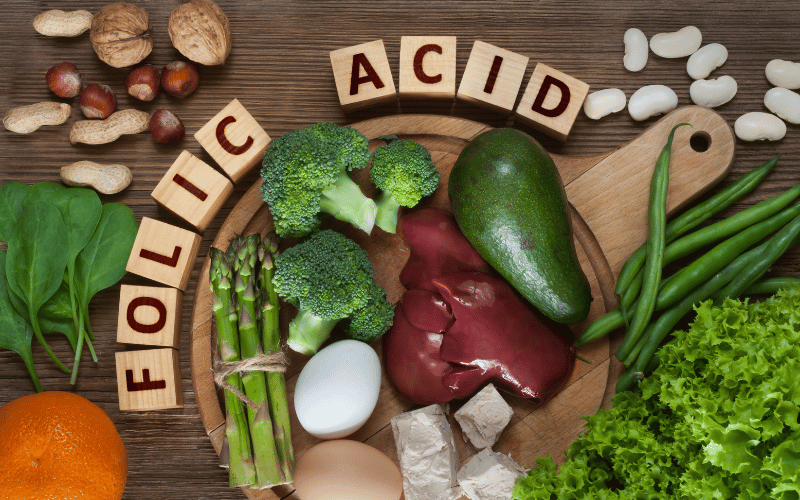3. Nutritional Narratives: How Diet Influences Cleft Palate Formation

What we consume directly impacts our physiology. For an expecting mother, nutrition isn’t just about personal health—it’s about providing the building blocks for a new life. And when it comes to cleft palate, certain dietary components emerge as pivotal players.
Folic acid is one such component. It’s a B vitamin essential for numerous bodily processes, including cellular repair and fetal development. A deficiency, particularly during early pregnancy, can affect the child’s facial development, leading to anomalies like cleft palate.
Similarly, other vitamins and minerals play roles too. Zinc, for instance, is crucial for DNA synthesis and cell growth. An imbalance might not directly cause a cleft palate but can tilt the scales, especially if other risk factors are at play. (3)